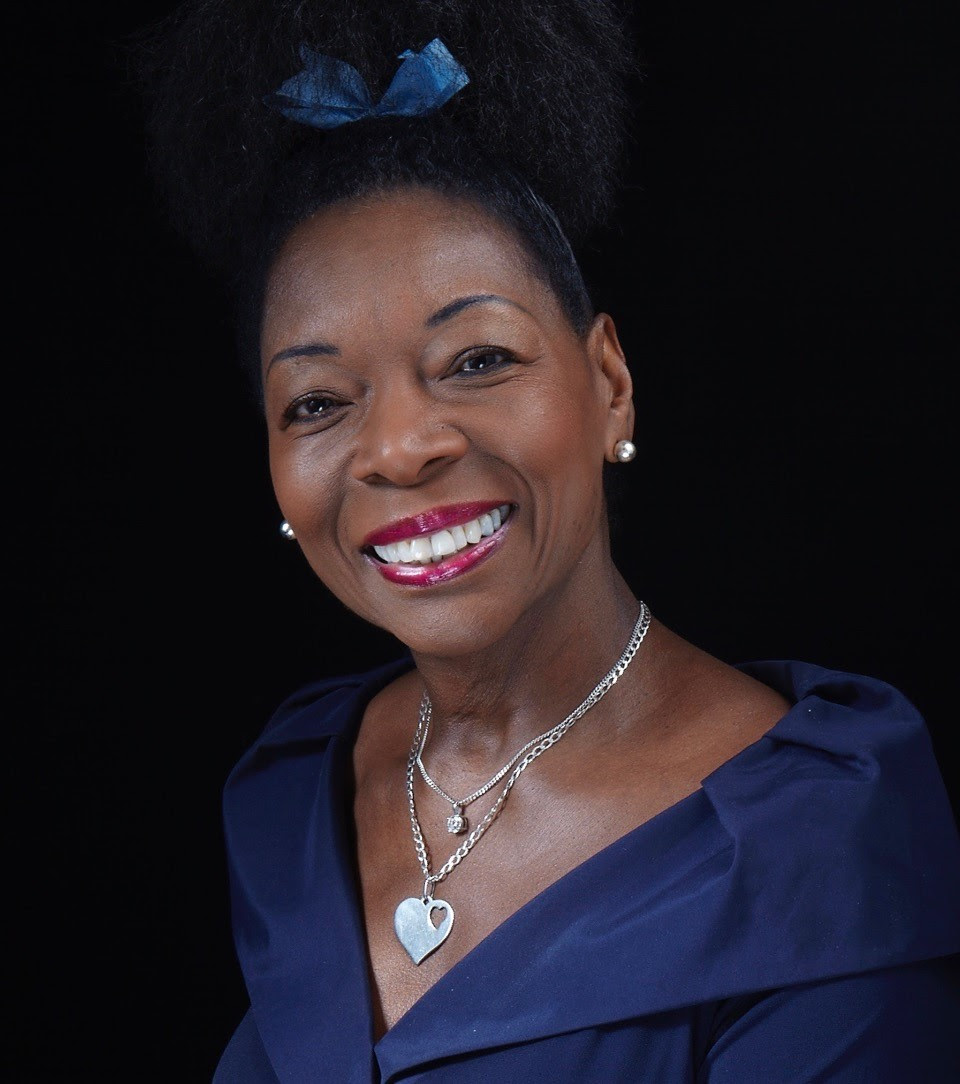 The Annual BookTrust lecture takes place tonight, and this year Baroness Floella Benjamin OBE will take to the stage in order to share her thoughts on the importance of books in the lives and development of children.
The Annual BookTrust lecture takes place tonight, and this year Baroness Floella Benjamin OBE will take to the stage in order to share her thoughts on the importance of books in the lives and development of children.
The lecture will be given to an audience of publishing officials, authors, illustrators and key industry figures. The main thread of the lecture will argue that books for children are crucial to providing support, that not owning a book could stifle children’s imagination and should be seen as harmful to their cultural development. Baroness Benjamin will also be speaking about how reading and sharing stories offer children so much more than words and pretty pictures. Books can provide children with stability, structure and a sense of wellbeing that can not only inspire but shape their lives and direction.
Baroness Floella Benjamin, a part of the Windrush Generation, was born in Trinidad and came to England when she was 10. She argues that even now there aren’t enough books that represent the multicultural British society and there are still very few writers of colour published in the children’s sector.
The lecture will also call on authors, illustrators and the publishing industry as a whole to understand that they are in a very privileged position when creating books for children. It is vital for everyone involved in the publishing process to understand the enormity of the task and the importance that their books can hold for their child audience. It is essential that the industry see children’s literature as a way to make a difference, not just to make money, and not to be outrageous or flippant in the process just for the sake of it.
The CEO of the BookTrust, Diana Gerald has said:
“We’re honoured to welcome Baroness Floella Benjamin to the stage. A true titan of industry and a supporter of BookTrust from the early days, her passion and enthusiasm for children’s reading is evident and we’re proud to provide a platform for such important issues to be discussed, to hopefully impact change, right some wrongs and ensure that all children, not only have access to books, but also to allow them to identify characters as like them.”



Comments (0)
Leave A Reply
You must be logged in to post a comment.